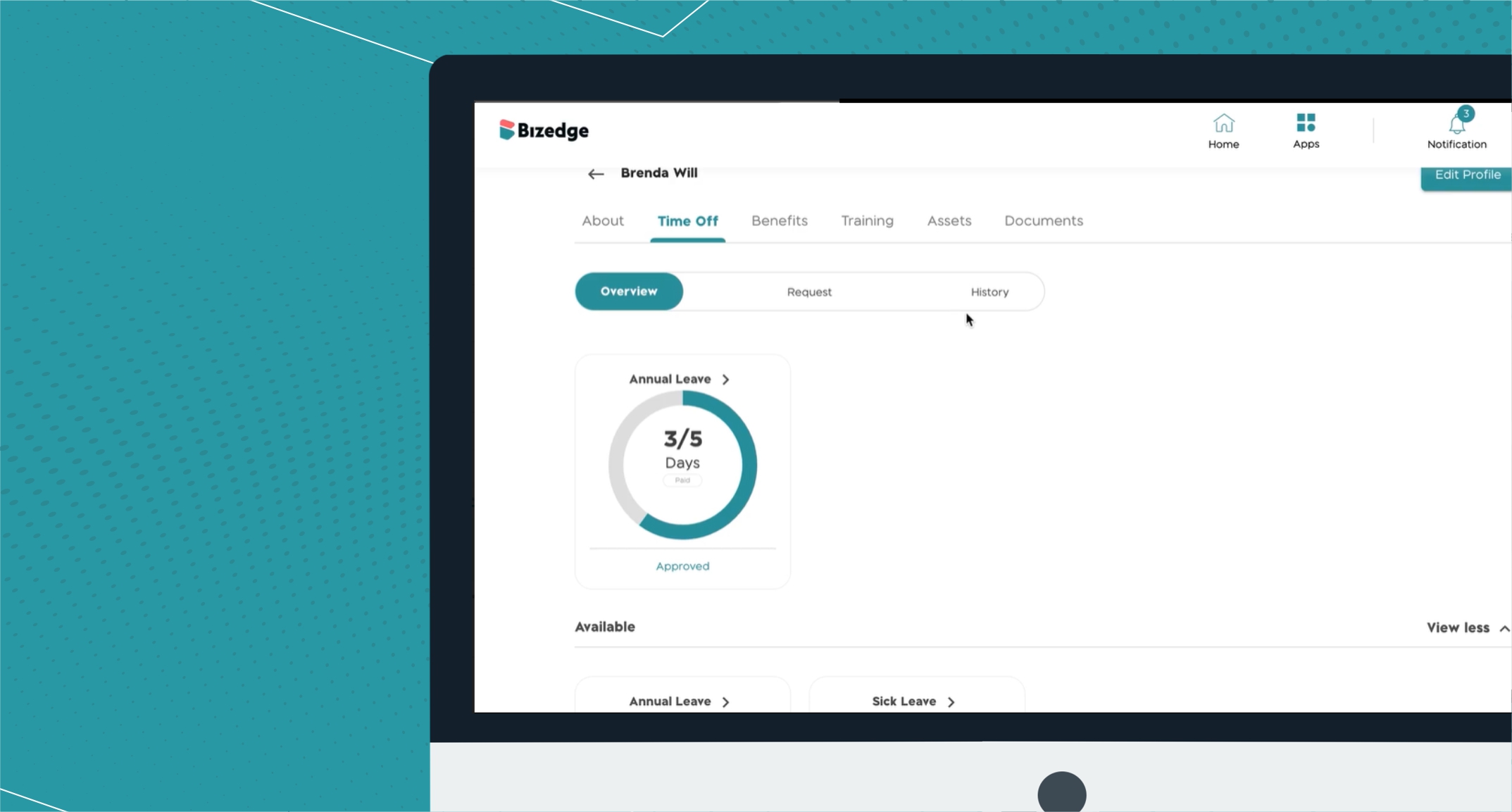
How to View Time off Balance and Manage Leave Requests

Handling miscommunication at the workplace
How to improve performance at the workplace
Enhancing your effectiveness at work ought to be frequent. As a manager or leader, you should be striving to achieve success for all your team members, employees, and for yourself. No matter how skilled or productive you are, there’s always a possibility to do a job better than before.
Keeping an eye on enhancing your skill set and exploring ways to learn something new is the initial step towards becoming a better version of yourself. It helps to increase your work performance and creates potential opportunities for your professional development.
5 Steps to improving performance at the workplace
Considering the importance of constant and never-ending self-improvement, we’ve gathered a few tips that will surely go a long way toward boosting your performance and value in the workplace.
1. Set Clear Milestones:
This is essential for work-life balance. As humans, we have a habit of shooting for the stars and the same reflects in the goals we set. Now, it’s ok to be a little bold but when it comes to “goals”, it’s much better to think clearly and be realistic. The following advice should be kept in mind when setting milestones:
a. Keep an eye on the clock
b. Save all of the important days to a calendar online
c. Become more adept at project appraisal
d. Consider each accomplishment or failure a learning opportunity
2. Be sure to communicate clearly:
Clear communication improves effectiveness everywhere. It is a practice that makes you sure about things at work, and learn new and improved ways to achieve better results and overall work performance. Do not be reluctant to seek clarification if you are unsure of your obligations. The most effective company executives are inherently curious and seek out novel solutions to issues.
3. Prioritize the Most Important Tasks:
Even though a task is essential, we often put off doing it until the last minute. To avoid having them on your thoughts, complete your most crucial chores first. When the initial work is completed, you can continue on to the next one or reward yourself with a break.
Prioritizing critical or high-value tasks first shows your supervisor and coworkers that you can be trusted to move goals forward, even if it’s a chore you don’t particularly enjoy. Click here to check out our post on time management to learn more about task management.
4. Plan your personal development:
Do you have a career strategy? You can achieve your project goals and perform better at work if you have a strong sense of direction. How can you proceed? Consider your personal goals, your strengths and weaknesses from before, and your aspirations.
As soon as you’ve determined where you need to improve, create a personal growth plan. So that you can enrol in a course or attend training sessions to enhance your existing skill set and develop new skills, ask your manager whether there is a budget set aside for professional development. You might also inquire about chances to make a more significant impact on the company’s future.
5. Assign tasks
If you have the chance to assign a portion of your workload to a coworker, take it. When more than one person can do a task, delegation merely involves passing it along to the appropriate individual. Could someone, for instance, locate the information you require for a report so that it is available when you need to write and present it?
Delegating responsibilities not only takes them off your to-do list but also demonstrates your ability to take the initiative and manage projects successfully. Developing new abilities, prioritizing organization, and practising self-care are core behaviours that can enhance your effectiveness at work.
Although some of this advice may appear dated, when used consistently over time, it will significantly improve your productivity at work.
